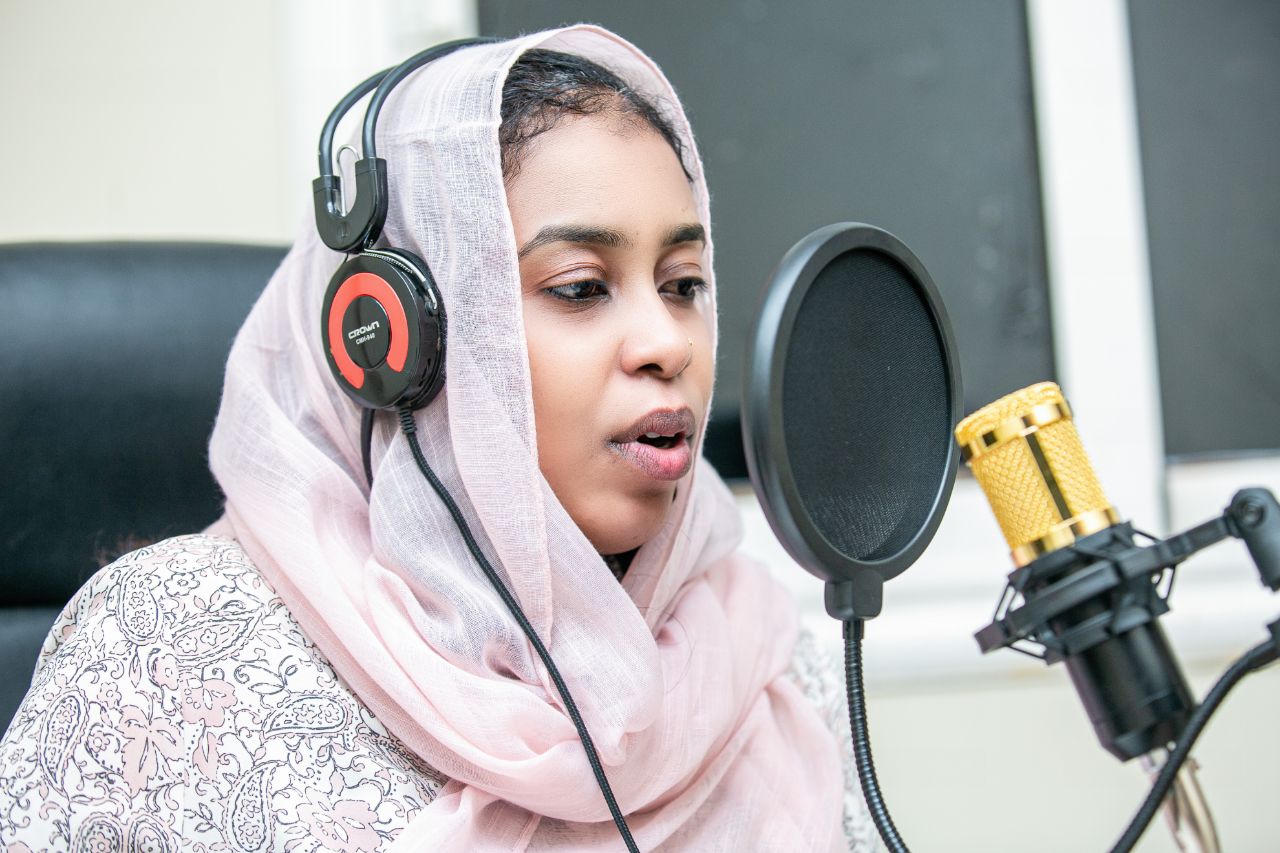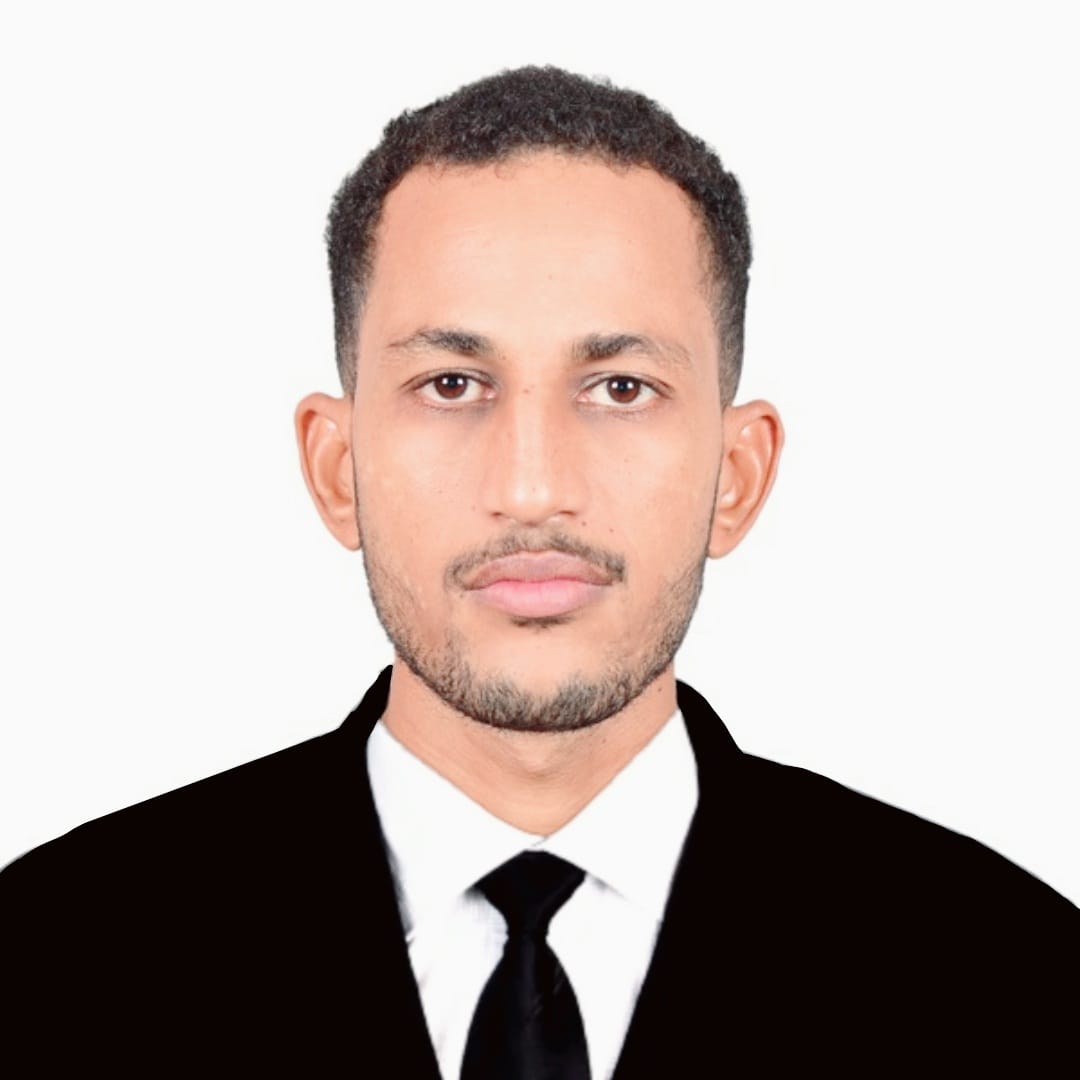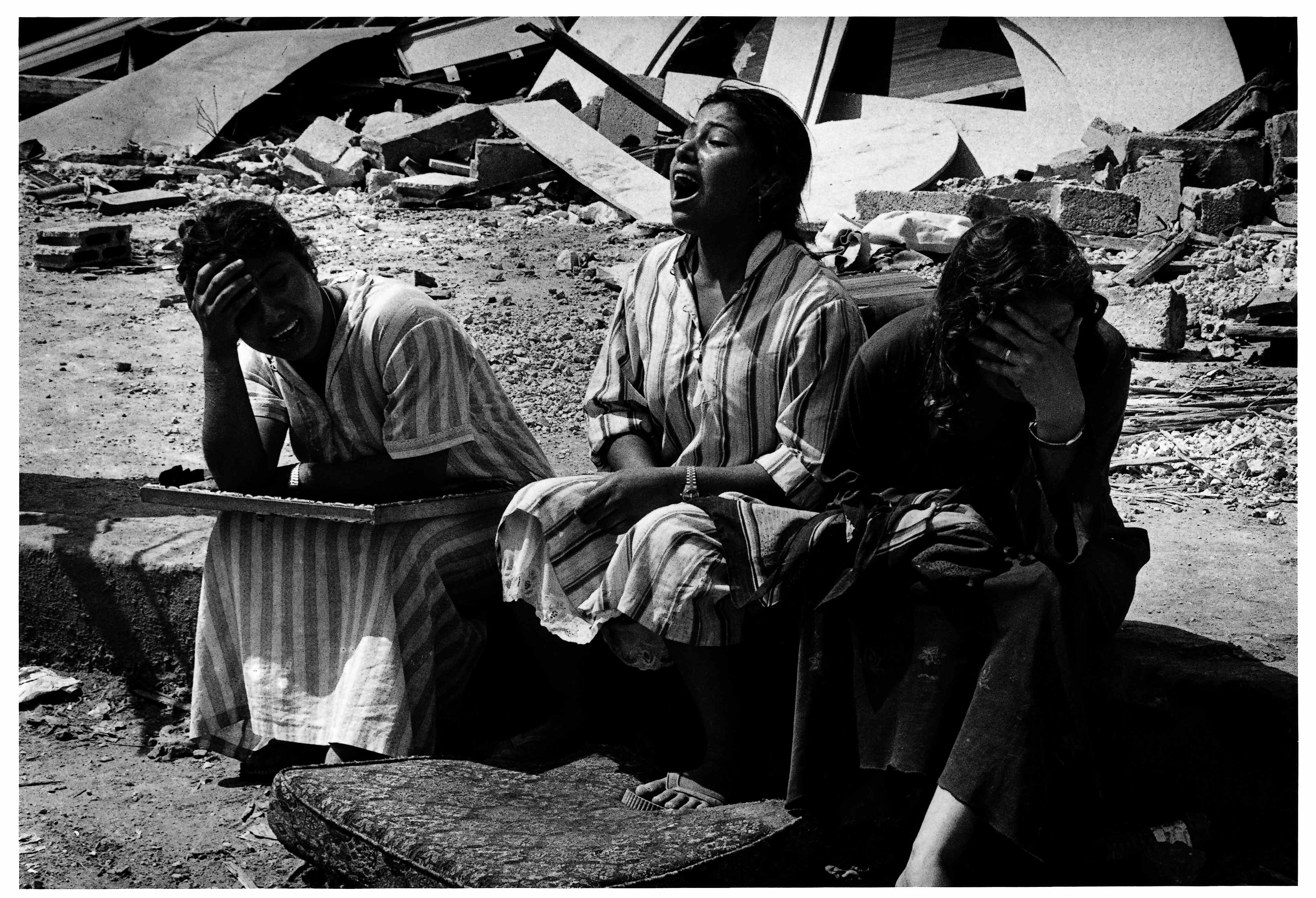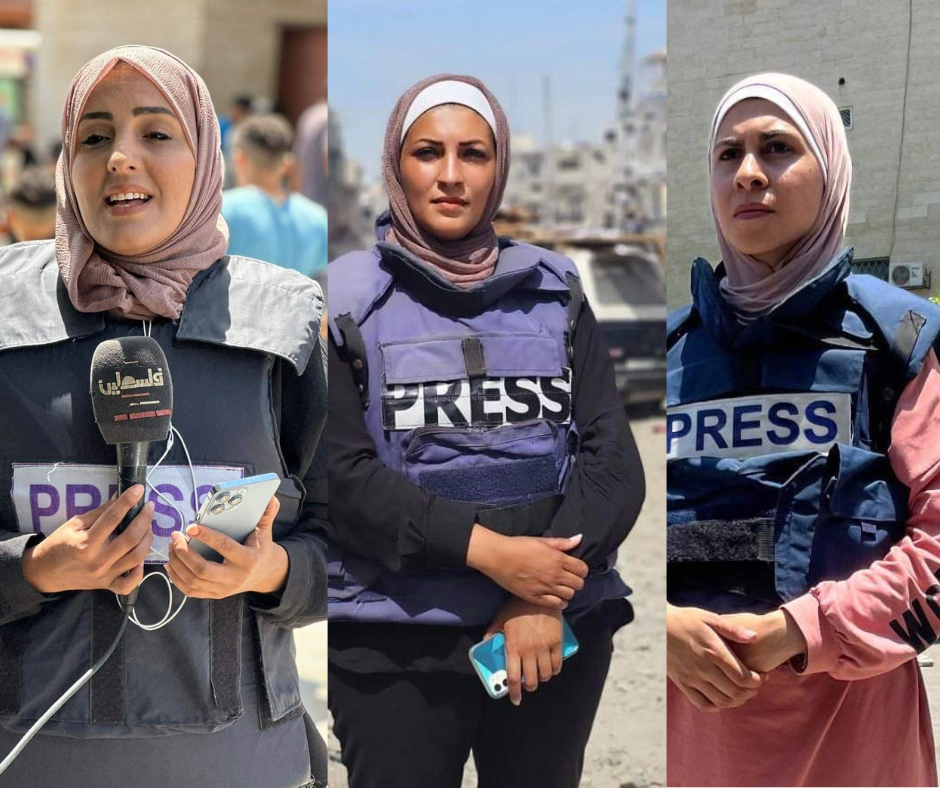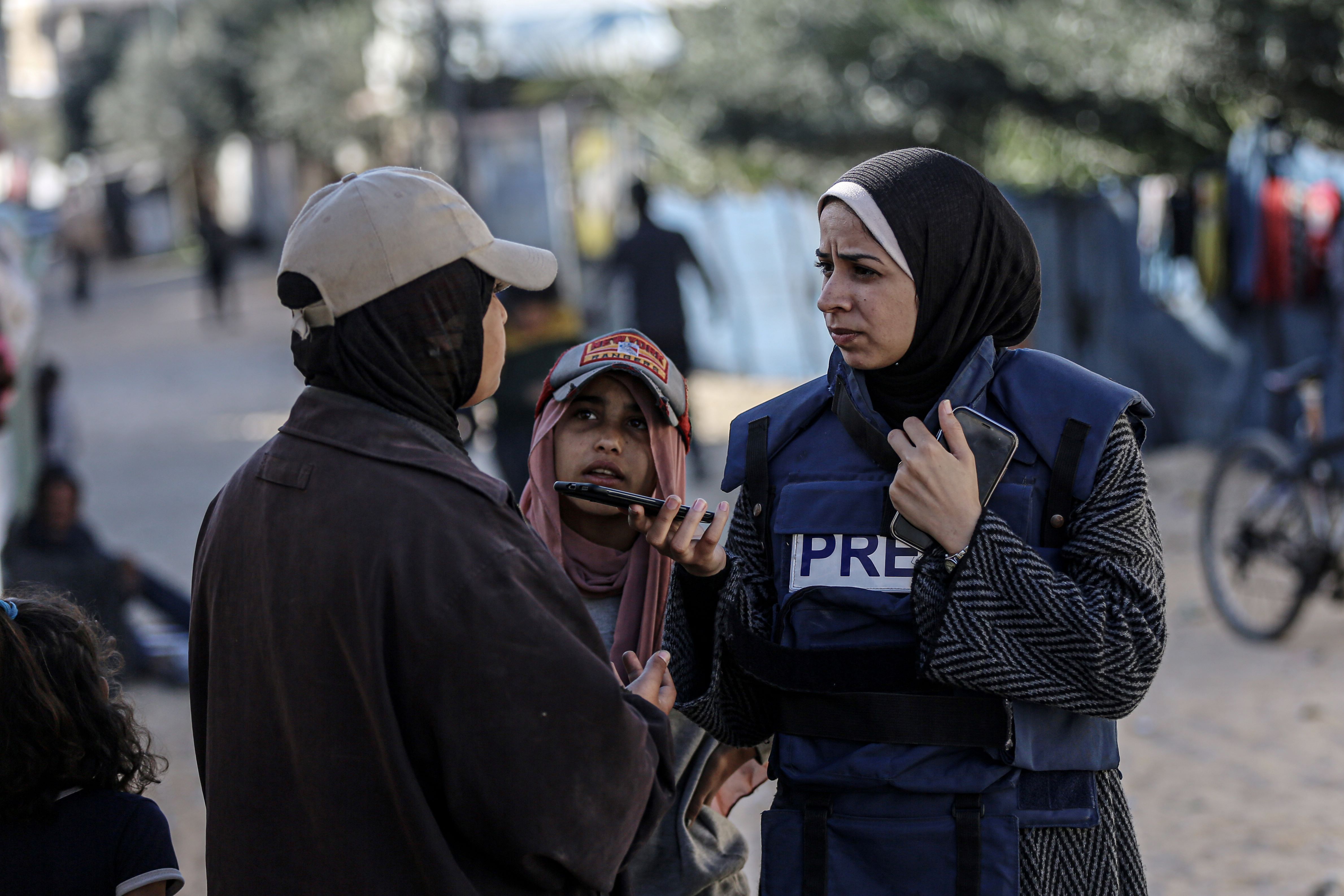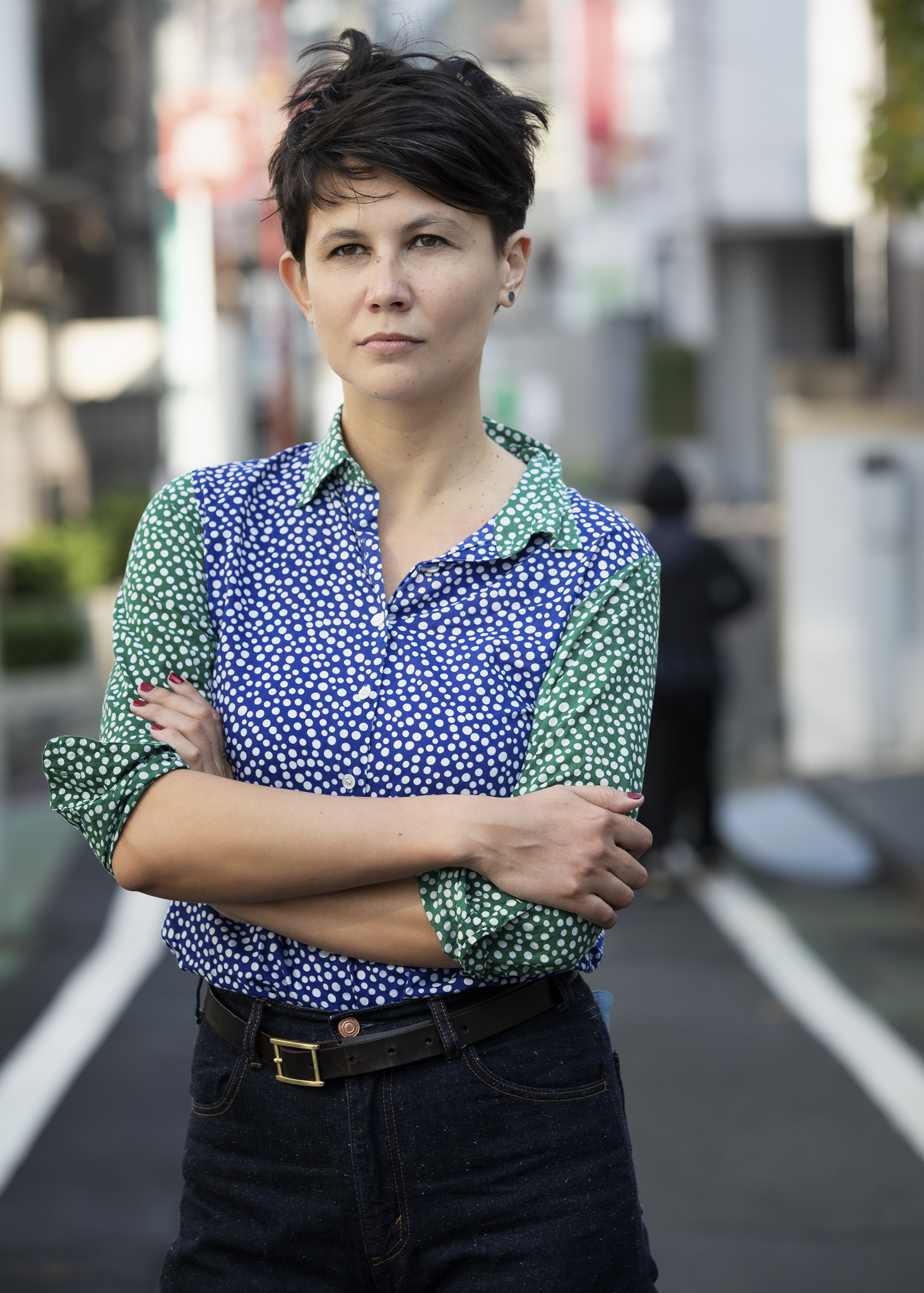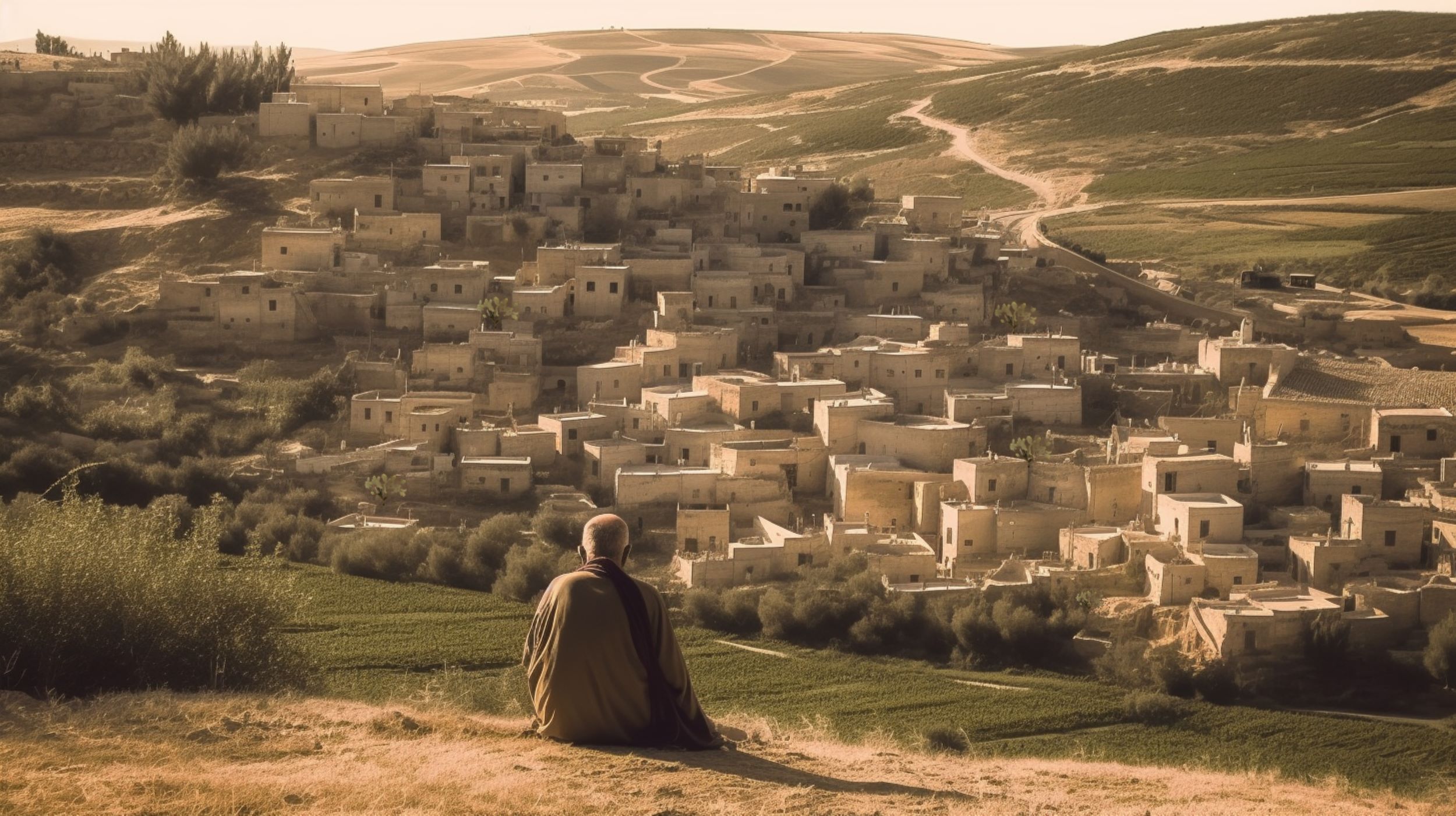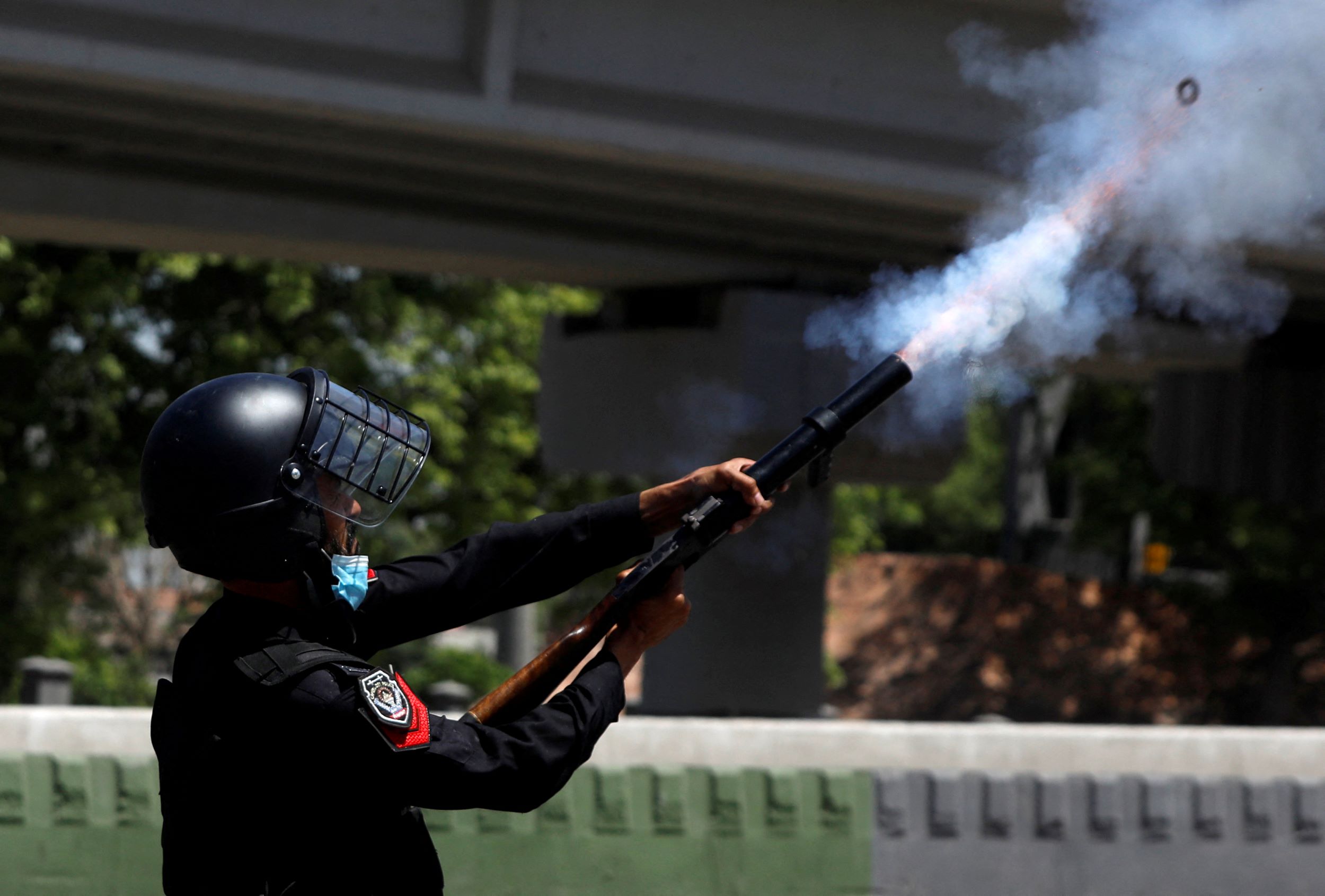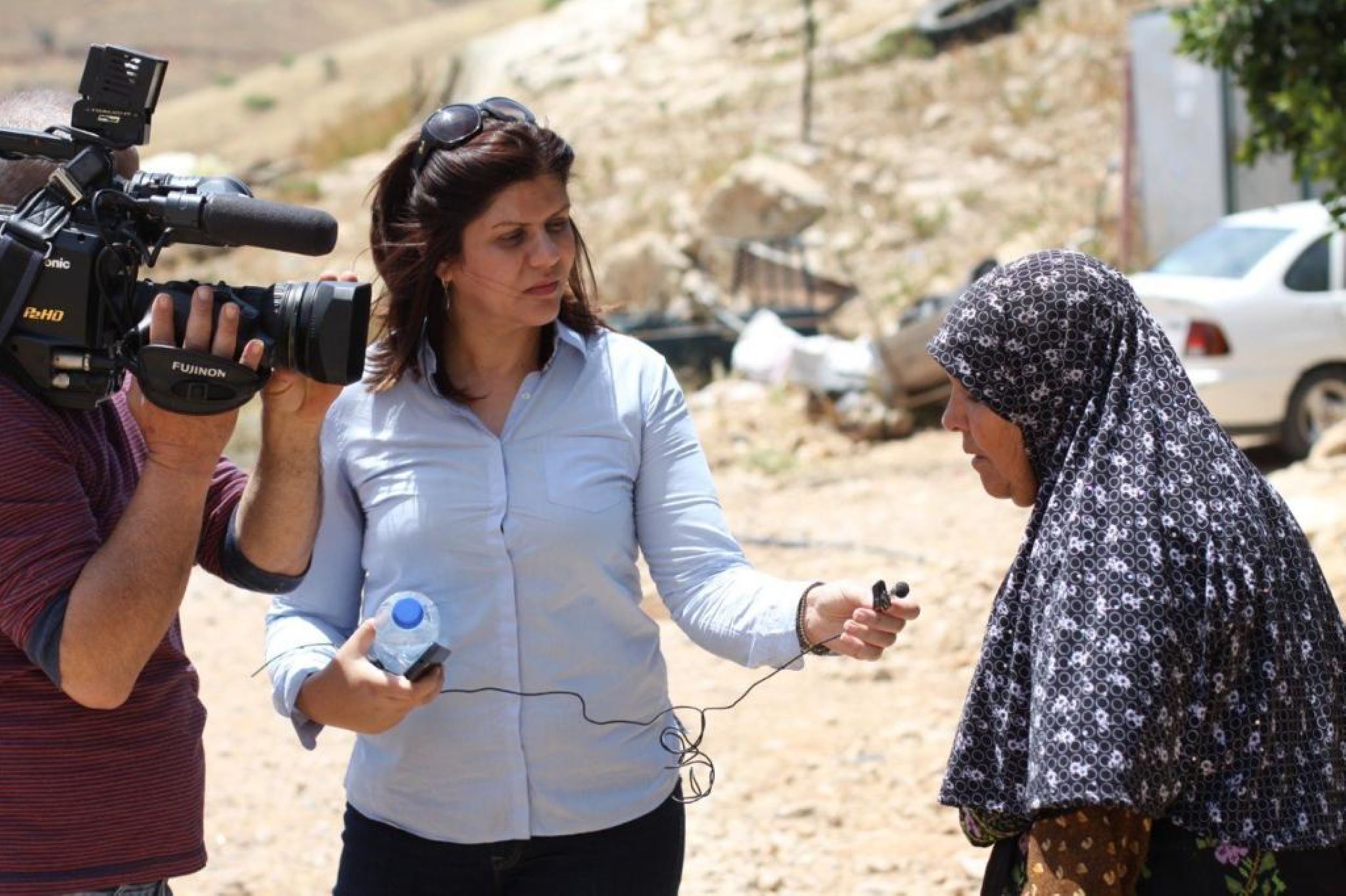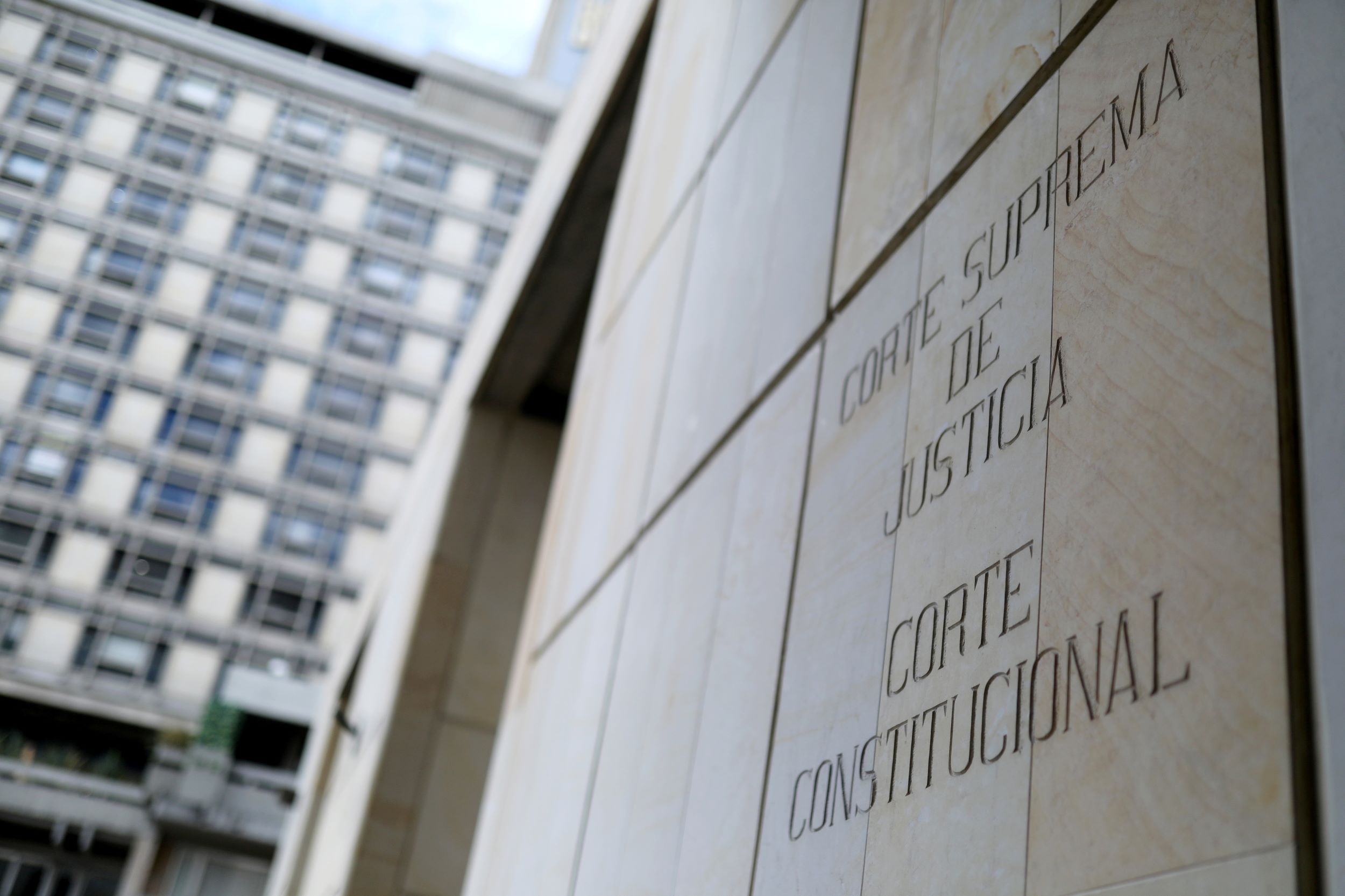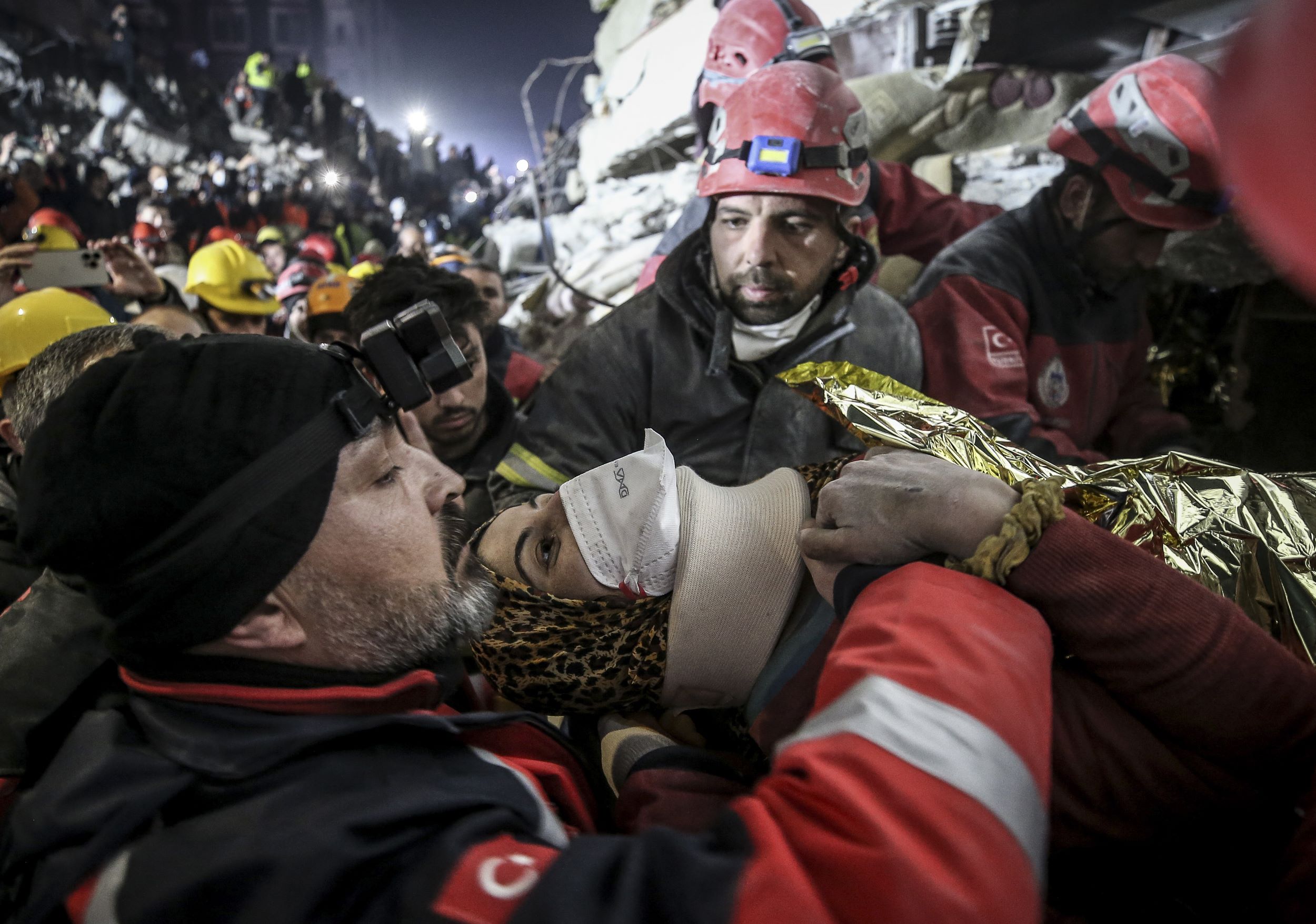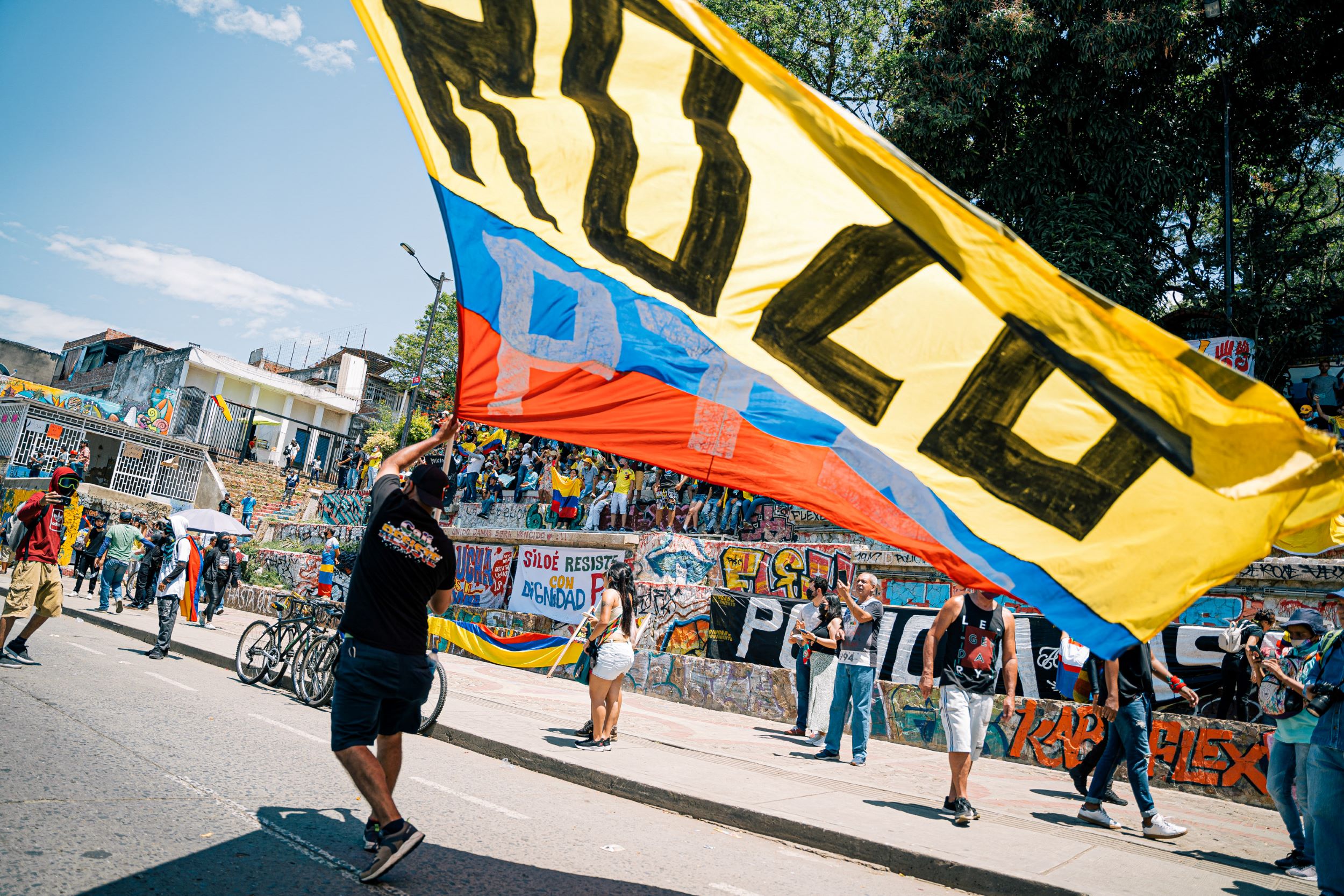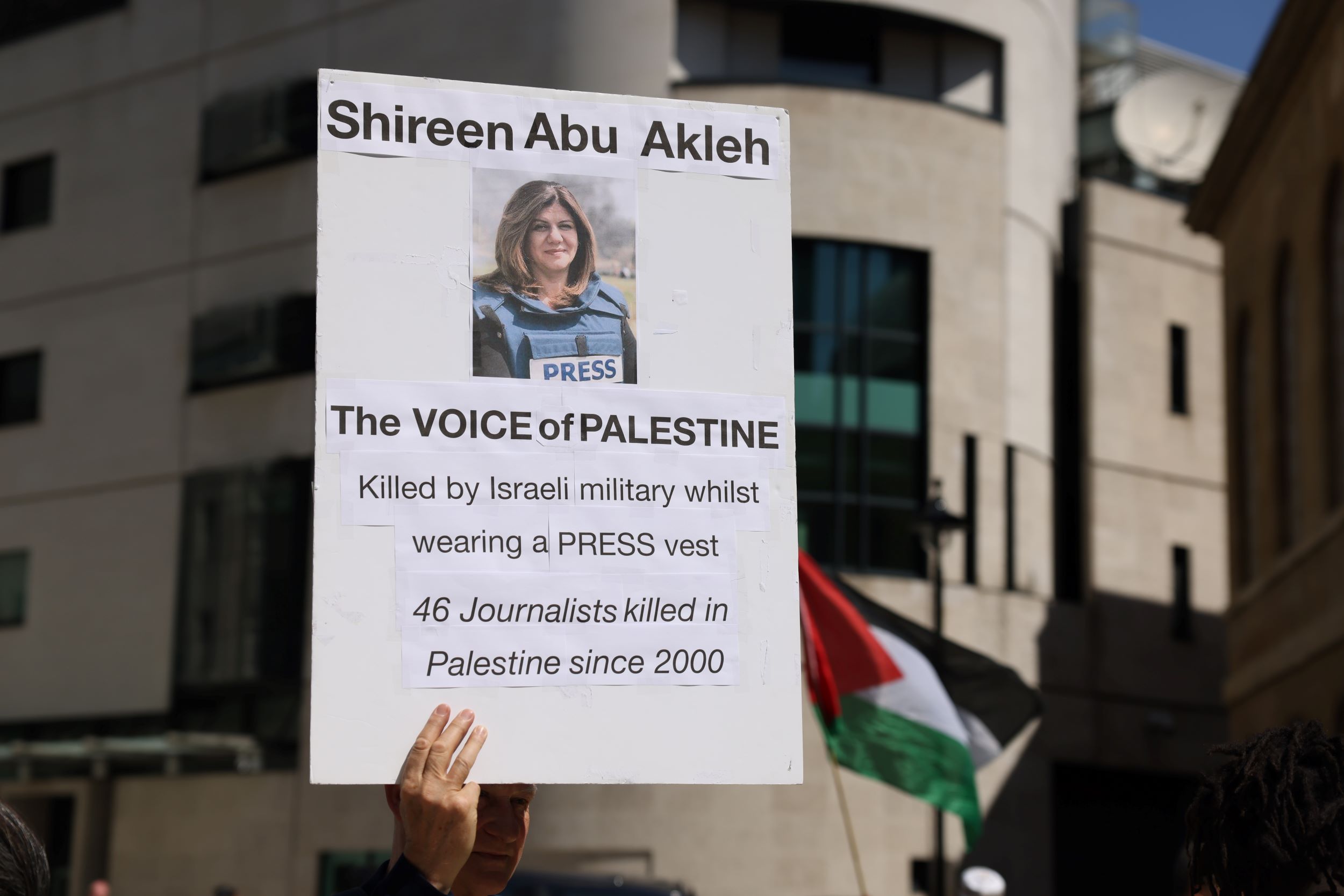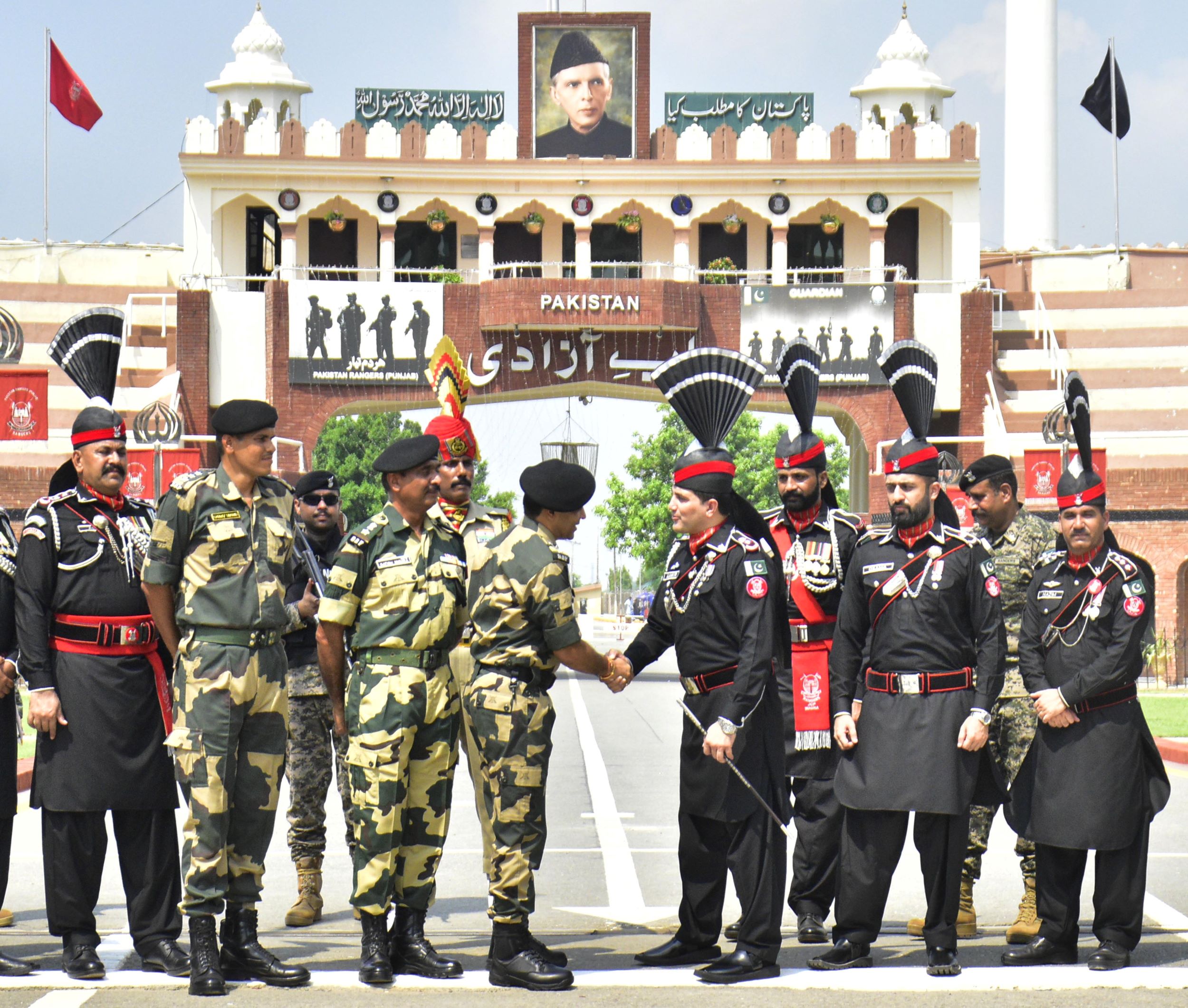إن مقاربةً دقيقة لحرية الصحافة والصحفيين في أفغانستان تقرّبنا من صورتين مختلفتين تماما: الأولى تتمثل في الحرية النسبية التي يتمتع بها البلد في مجال حرية التعبير والصحافة، والقوانين التي تَمنح المواطن الأفغاني حرية الوصول إلى المعلومات بشكل يَندُر وجوده في بقية معظم دول العالم الثالث. أما الصورة الثانية فهي أن أفغانستان لا تزال الأسوأ في العالم بالنسبة لعمل الصحفيين، حيث تقف عوائق لا نهاية لها دون أداء مهامهم اليومية.
تعتبر حرية التعبير والصحافة الحرة في أفغانستان من أهم مكاسب فترة ما بعد سقوط حكم حركة طالبان أواخر العام 2001. ومن الصعب مقارنة الوضع الحالي من حيث القوانين وحجم العمل الإعلامي وانتشاره وتأثيره، بما شهدته البلاد في العقود الأخيرة. فحرية التعبير والصحافة الحرة كانتا دومًا ضحية الحكومات، بدءًا من الحكم الشيوعي إلى الحرب الأهلية، ثم فترة حكم "طالبان" التي قمعت الحريات في جميع مناحي الحياة الاجتماعية والفكرية.
حرية الوصول إلى المعلومات
لقد أذّن سقوط حكم "طالبان" ببدء مرحلة جديدة من حرية الصحافة في أفغانستان، إذ شهدت البلاد انطلاق المئات من وسائل الإعلام والآلاف من الصحفيين إلى ميدان العمل بشكل لم يسبق له مثيل.
بعد العام 2001، رخّصت وزارة الإعلام الأفغانية لأكثر من 900 وسيلة إعلام مرئية وإذاعية ومطبوعة، لكن العديد منها لم يتمكن من مواصلة العمل بسبب عدة مشاكل؛ أهمها الطباعة والتوزيع.
ووفقا للإحصاءات التي قدمها معهد "ناي" Nai المهتم بحرية التعبير والصحافة، تعمل في أفغانستان حاليًّا 150 محطة إذاعية، و52 قناة تلفزيونية، و177 مطبوعة يومية وأسبوعية وشهرية. وحسب مسؤولي المعهد، فإن وجود الترخيص لم يحُل دون توقف 323 وسيلة مطبوعة عن الصدور بسبب نقص التمويل.
الصحافة الاستقصائية
إذا كانت فترة ما بعد طالبان مهّدت لصحافة حرة نسبيًّا في البلاد، فالصحافة الاستقصائية كانت الأكثر رواجًا في هذه الفترة. لقد ساعدت حرية التعبير الصحفيين على القيام بتقارير استقصائية تمحورت أساسًا حول مكافحة الفساد المستشري. وهذا الكشف عن المستور في قضايا الفساد جعل من الصحافة الاستقصائية عملا مطلوبا في فضاء الإعلام الأفغاني، ورغم ذلك فإن الظروف الأمنية في البلاد قد تحول دون ممارسة هذا الجنس الصحفي بأريحية.
حصانة قانونية للصحفيين
تظهر تصريحات المسؤول التنفيذي لمركز الصحفيين الأفغان أحمد قريشي حجم المعاناة التي يواجهها الصحفيون في أفغانستان. يقول قريشي إن "الصحفيين يعانون من مشاكل كثيرة، بما فيها الافتقار إلى الأمن، وعدم وجود رواتب جيدة، وعدم دفعها في مواعيدها، وصعوبة الوصول إلى المسؤولين الحكوميين للحصول على المعلومات، وقائمة طويلة من مشكلات أخرى".
ما تشير إليه التقارير أنه بالمقارنة مع السنوات السابقة، يتدهور وضع حرية الصحافة في أفغانستان كل عام، حيث يتزايد عدد القتلى والجرحى بين الصحفيين، وتضيق مساحات العمل الصحفي، مع تراجع ملحوظ في أمن الصحفيين وحريتهم.
وبالعودة إلى العام 2016 فإنه لم يكن عاما جيدا للصحفيين، إذ شهد مخاطر وتهديدات متزايدة. ورغم كل الوعود والتعهدات التي قدمتها الحكومة الأفغانية لوسائل الإعلام بتحسين الوضع، فإن التهديدات ظلت في ارتفاع مطرد.
صعوبة الوصول إلى المعلومات
بحسب استطلاع جديد أجراه معهد "ناي"، فإن عدم الوصول إلى المعلومات يعتبر تحديا أكبر من تحدي انعدام الأمن بالنسبة لوسائل الإعلام في إعداد تقارير استقصائية.
وقد شارك في هذا الاستطلاع مسؤولون من 60 وسيلة إعلامية لديها وحدات إنتاج الأخبار والتقارير في العاصمة كابل وأربع ولايات كبيرة هي بلخ وهرات وقندهار وننغرهار. كما شارك فيه مسؤولو قسم الأخبار في 20 وسيلة إعلامية بالعاصمة، و40 وسيلة إعلامية بالولايات الأربع، في حين تنوعت وسائل الإعلام المشاركة ما بين إذاعة وقناة تلفزيونية وصحيفة ووكالة أنباء.
نتائج الاستطلاع تشير إلى أن عدم وصول الصحفيين إلى المعلومات، ثم انعدام الأمن في بعض الأماكن، يُعدّان من أهم تحديات إنجاز التقارير الاستقصائية في البلاد. والسبب الرئيسي وراء تصنيف أفغانستان من بين أكثر الدول فسادًا في العالم، هو أن الحكومة لا تعتبر نفسها مسؤولة إزاء وسائل الإعلام والمواطن العادي. كل هذا رغم أن أحد أهم إنجازات الحكومة الأفغانية عام 2019، كان تعديلَ واعتمادَ قانون الوصول إلى المعلومات، الذي حصل على لقب "أفضل قانون" في العالم.
يسوء الوضع في المحافظات الأفغانية حيث يُعدّ وصول المواطنين إلى المعلومات محدودًا للغاية، وغالبًا ما يعتبر حكام الولايات أنفسهم غير مسؤولين أمام المواطنين، وينظرون إليهم نظرة دونية، حيث يعتبرون أنفسهم في مقام الأمراء ويطالبون المواطنين بالطاعة. وفي حالات كثيرة، يملي المسؤولون الحكوميون في الولايات على وسائل الإعلام ما يُنشر وما لا يُنشر، بدلا من محاسبة أنفسهم أمام الإعلام.
الأسوأ لعمل الصحفيين
بحسب تقرير "مراسلون بلا حدود"، فإن العام 2020 شهد مقتل وجرح أكثر من 15 صحفيا وناشطا إعلاميا في أفغانستان. هذه المنظمة الدولية المعنية بعمل الصحفيين حول العالم كانت أيدت تحسين أوضاع الصحفيين في أفغانستان، لكنها أعلنت مرة أخرى أن البلد هو الأكثر دموية بالنسبة للصحفيين على مستوى العالم.
وبناء على أرقام المنظمة، تحتل أفغانستان المرتبة 118 من بين 180 دولة من حيث حرية الإعلام في العام 2020. وبالعودة إلى معهد "ناي"، فقد قال في تقريره الأخير إن العام 2019 كان أكثر الأعوام دموية بالنسبة للصحفيين والإعلاميين في أفغانستان، إذ شهد مقتل 10 صحفيين على مستوى البلاد.
ومع ذلك، فقد انخفض العنف ضد الصحفيين والعاملين في مجال الإعلام بنسبة 40% مقارنة بالعام 2018، وذلك بسبب امتناع الصحفيين عن تغطية مناطق المعارك، ومراعاة التعليمات الأمنية، وعدم التغطية المباشرة للهجمات الإرهابية، إلى جانب انخفاض عدد تلك الهجمات.
ورغم تسجيل هذا الانخفاض، فقد تم الإبلاغ عن 110 حالات عنف ضد الصحفيين والإعلاميين عام 2019، بما في ذلك 10 جرائم قتل، و21 حالة إصابة، و10 حالات ضرب، و51 حالة تهديد وإهانة، و10 حالات اعتقال مؤقت، و8 حالات اختطاف، و3 حالات اعتداء على مقرات وسائل الإعلام.
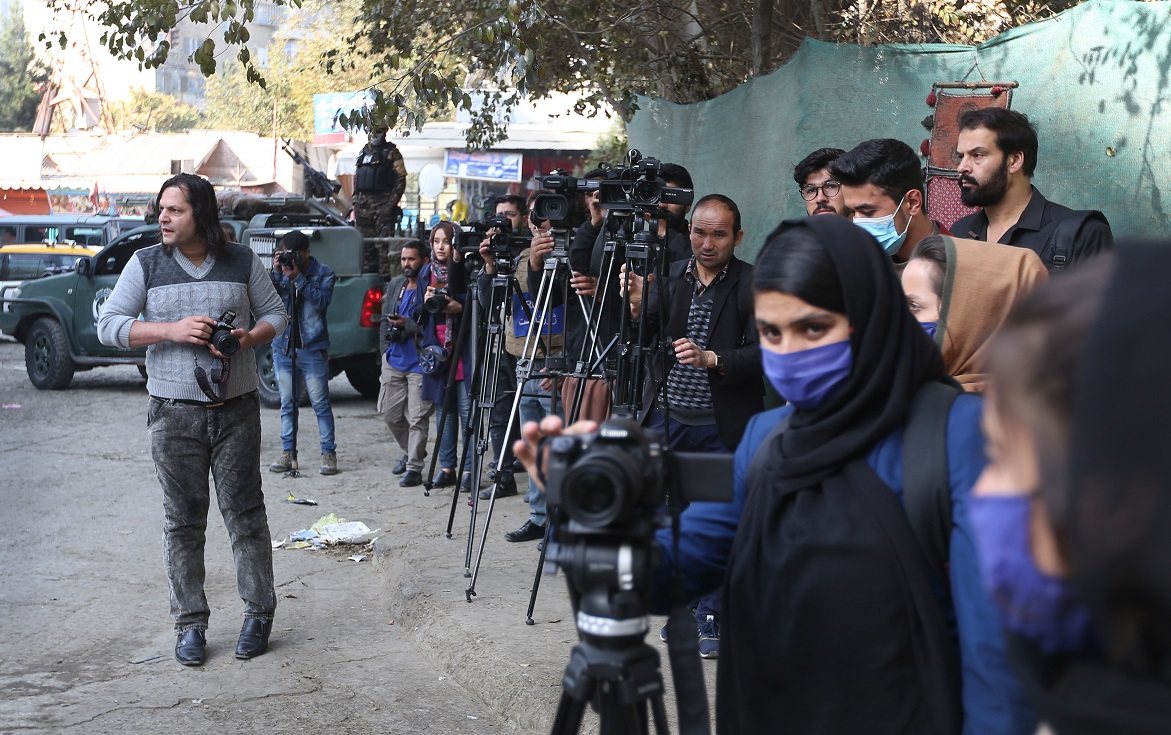
سلامة الصحفيين
بحسب دراسة أصدرها مركز الصحفيين الأفغان، قتل 109 صحفيين وعاملين في وسائل الإعلام بأفغانستان بين عامي 2001 و2019، من بينها 6 حالات فقط خضع فيها الجناة للمحاكمة.
وحسب التقرير الذي صدر في نوفمبر/تشرين الثاني 2020 عن المركز بمناسبة اليوم العالمي لإنهاء الإفلات من العقاب على الجرائم المرتكبة ضد الصحفيين، فإن قائمة قتلى الصحفيين في أفغانستان ضمت 15 صحفية وعاملة في مجال الإعلام، إلى جانب 17 صحفيا أجنبيا قتلوا في أفغانستان.
وحسب التوزيع الجغرافي، قتل الصحفيون في العاصمة كابل وبقية الولايات مثل: هلمند، وتخار، وقندهار، وننغرهار، وخوست، وقندوز، وبلخ، وبروان، وبغلان، وباكتيا، وغزني، ولوغر، وكابيسا، وزابل، وأروزغان، وفارياب، ولغمان، وجوزجان، وهرات.
وبالعودة إلى تقرير المركز، فإن صحفييْن أفغانيين قتلا في باكستان المجاورة، مما يرفع الرقم إلى 111 صحفيا منذ سقوط حكم طالبان.
واستنادا إلى بيانات التقرير دائما، فإن مقاتلي "طالبان" متهمون أو يُشتبه في وقوفهم وراء قتل 50 صحفيا أفغانيا، بينما يُتهم مقاتلو تنظيم الدولة الإسلامية أو يشتبه في وقوفهم وراء قتل 29 صحفيا أفغانيا. كما يتحمّل مسلحون منفلتون مسؤولية 25 حالة قتل للصحفيين، في حين تقف القوات التابعة لحلف شمال الأطلسي (ناتو) وراء 3 حالات قتل. وبينما يُعتقد أن 3 صحفيين أفغان قتلوا على أيدي أفراد عائلاتهم خلال الفترة المذكورة، تُتهم الشرطة بقتل صحفي واحد فقط.
الجدير بالذكر أن أفغانستان تأتي على رأس قائمة الدول التي فشلت في إنهاء الإفلات من العقاب على جرائم قتل الصحفيين، وفقا لتقرير مركز الصحفيين الأفغان الذي حذر رئيسه التنفيذي من أن استمرار هذه الحالة سيضر بشكل خطير بمهنة الصحافة والعمل الإعلامي في البلاد.
ويمكننا أن ندرك خطورة الوضع أيضا لو أضفنا إلى ما تقدم، أن لجنة حماية الصحفيين (سي.بي.جي) -وهي منظمة عالمية- وضعت اسم أفغانستان في المرتبة السادسة في تصنيفها للدول الأسوأ في سجلات محاكمة جرائم قتل الصحفيين خلال العام 2019.







